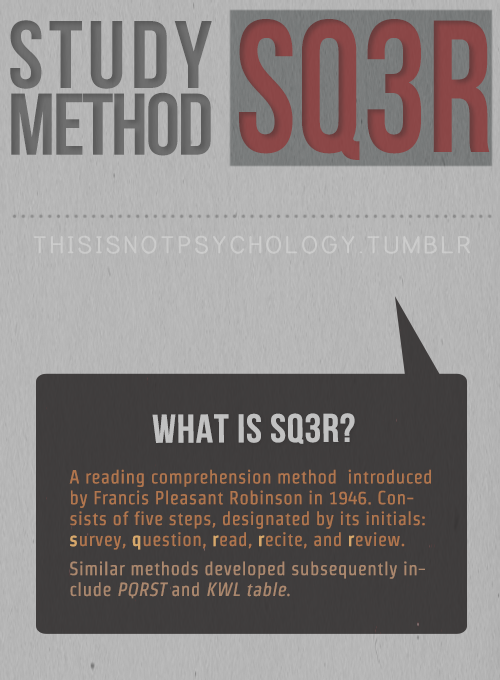Watch and learn
This video will help you prioritize your readings, as well as provide you with strategies for active reading.
If you do not see the video, please click on the link to view it in a new window or tab (you will leave this page): Textbook reading
Top tips for reading a textbook
Active reading will help you remember information and use your time effectively. Take notes on the text, ask yourself questions and search for major themes.
Reading quickly isn’t always the most effective strategy. For critical reading, a slow, careful pace may be necessary. Understand which sections you can skim and which sections you should read in depth.
Plan to read when your energy and concentration levels are at their highest. Learn how by checking out Ottawa University’s concentration study tips.
Integrating your lecture and reading notes will help you:
- retain information,
- build understanding
- and prepare for tests.
At the end of a lecture or reading, draw a mind map that summarizes the material. Now draw connections to other lectures, readings and course themes.
Enhance your learning
So you have to read a 1000 pages to prepare for your exam. Here is a great method to capture the information you need without have to write dozens of pages of notes.
If you do not see the video, please click on the link to view it in a new window or tab (you will leave this page):
Value for me?
Re-reading has been shown to be ineffective compared with other strategies. Students can be more actively engaged in reading, enhancing learning of key terms, by using techniques of:
- questioning,
- outlining,
- and note-taking.
Technology integration
There are lots of free tools you can use to create mind maps
Build your resources
Enhance your wellness
Stress, to varying degrees, is a part of every student’s experience. Your perspective on stress and the ways you respond influence the impact of stress on body and mind. To understand how stress can be positive and to learn about how reaching out to others reduces stress, watch Kelly McGonigal’s Ted Talk:
For more resources, see health and wellness resources from VIU counselling services.

